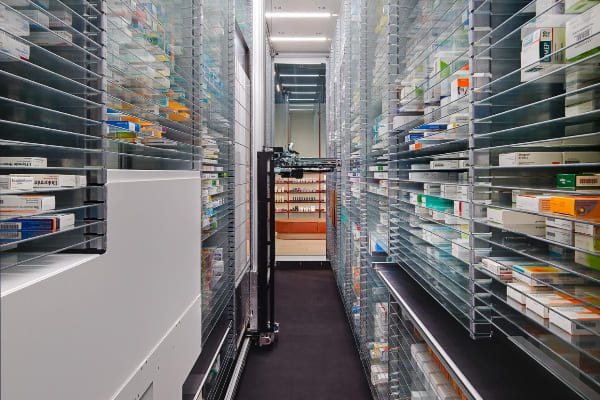Pharmacists Must Maximize Drug Information Services

In today’s rapidly evolving healthcare landscape, pharmacists at pafikabkutaikartanegara.org play a pivotal role in ensuring the safe and effective use of medications. As drug therapy becomes increasingly complex, the need for accurate and reliable drug information has never been greater. Pharmacists must leverage drug information services to enhance patient care, optimize therapeutic outcomes, and mitigate potential risks associated with medication use.
Pharmacists are often the most accessible healthcare professionals and are uniquely positioned to provide vital drug information services. They must remain at the forefront of drug knowledge, continually updating their expertise to cater to the diverse needs of patients, healthcare providers, and the broader community. By doing so, they can provide precise recommendations, ensure the safe administration of medications, and facilitate informed decision-making processes for both patients and healthcare practitioners.
The utilization of comprehensive drug information services allows pharmacists to address several critical aspects of medication management. These include identifying potential drug interactions, understanding pharmacokinetics and pharmacodynamics, assessing side effects, and recommending appropriate dosages. This extensive knowledge base enables pharmacists to deliver personalized advice, ensuring that each patient’s medication regimen is tailored to their specific health requirements.
A crucial component of maximizing drug information services is the integration of technology. Digital resources, such as databases, apps, and online platforms, provide pharmacists with instant access to the latest drug research and updates. Websites like https://pafikabkutaikartanegara.org offer an invaluable repository of pharmaceutical data, empowering pharmacists to stay informed about new drug developments and therapeutic innovations. By harnessing these technological tools, pharmacists can deliver evidence-based information that aligns with contemporary medical practices.
In addition to technology, collaboration with other healthcare professionals is essential in maximizing drug information services. Pharmacists must work closely with physicians, nurses, and other healthcare team members to ensure a multidisciplinary approach to patient care. This collaboration fosters a holistic understanding of a patient’s health status and facilitates the optimization of their treatment plans.
Moreover, pharmacists must advocate for the importance of drug information services within the healthcare system. By emphasizing the value of these services, they can secure support and resources needed to maintain and expand their capabilities. This advocacy is crucial in promoting a culture of safety and efficacy in medication use, ultimately enhancing patient outcomes.
In conclusion, pharmacists have a critical responsibility to maximize drug information services to elevate the standard of care provided to patients. Through continuous education, technological integration, and collaborative practices, pharmacists can uphold their role as indispensable healthcare providers. By embracing these strategies, pharmacists will not only advance their profession but also contribute significantly to the overall improvement of healthcare delivery.